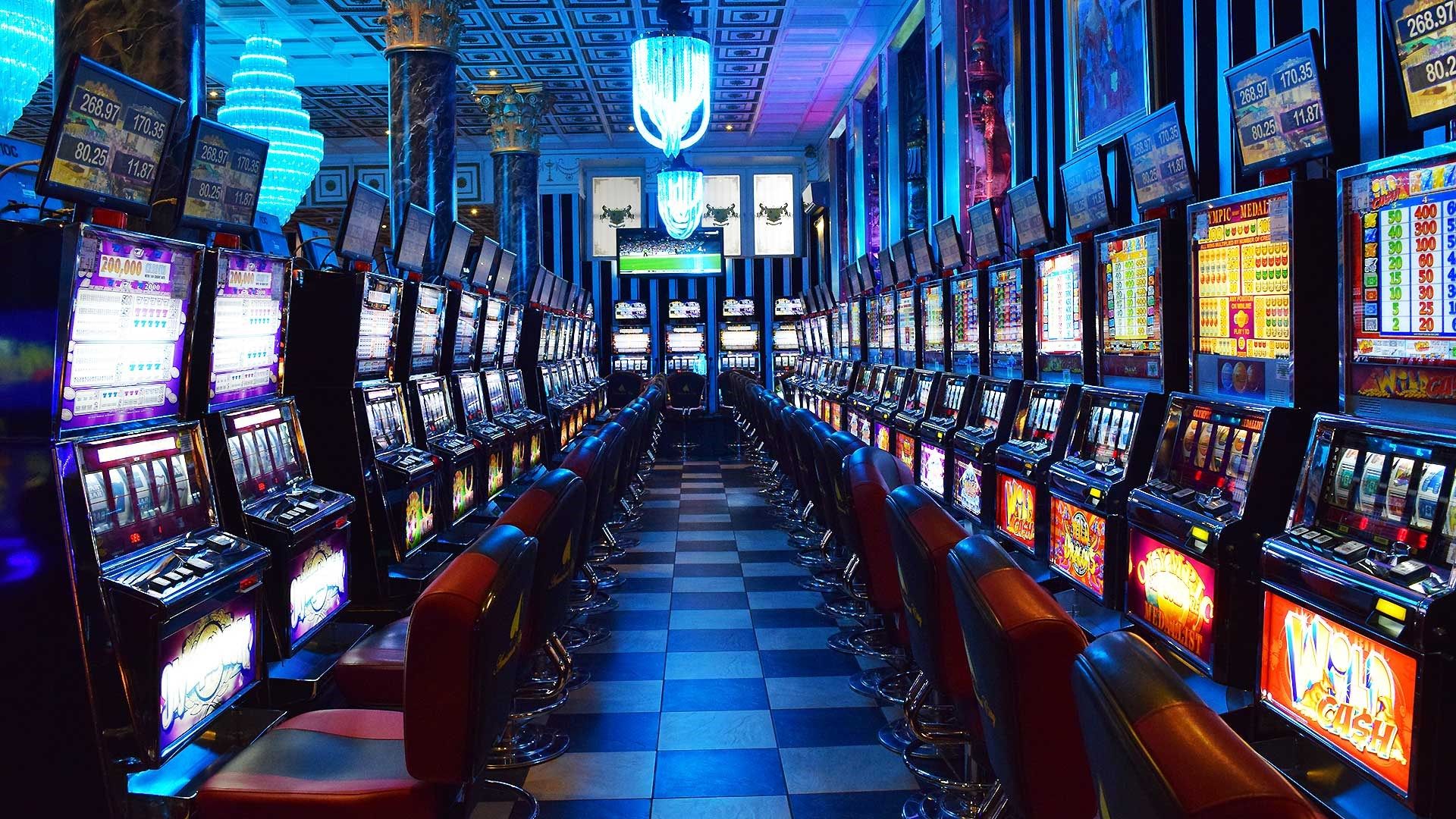
When we think of casino activities, the first pictures that often come to mind are those of rotating wheel devices, poker chips clinking on fabric surfaces, and cubes rolling across a betting area. While many view these games as simple hobbies fueled by luck, a more profound exploration reveals a fascinating blend of tactics, expertise, and community interaction that raises them well beyond basic chance. Regardless of whether you are a experienced player or a curious newcomer, grasping the subtleties of these games can greatly enhance your experience and appreciation.
Gambling games have evolved over centuries, with various cultures contributing to their diverse histories and different forms. From the intricate tactics of 21 to the bluffing tactics in poker, players engage in a contest of intellect as much as a gamble on numbers. This dynamic interplay between chance and expertise creates a exciting atmosphere that draws countless people to casinos worldwide. As we explore the realm of table games, we will uncover the strategies that can shift the odds in your favor and the community elements that make these games a favored choice for leisure and interaction.
A Strategy Behind Casino Gaming
Casino games often combine a mix of skill and chance, which makes them intriguing for players who like a test. Every title has their unique set of guidelines and tactics that can affect the results. For instance, in games like blackjack, participants are obliged to use tactics like card counting and understanding the odds to make smart decisions. This skill set can greatly improve the victory potential, differentiating experienced participants from novices who may depend entirely on chance.
In contrast, titles such as roulette may seem to be entirely based on luck, but tactical thinking can also play into play. Players can select between different wagering tactics, such as the Martingale strategy, where they raise the bets after losses. This method can establish a more methodical way to the game. Understanding the odds of specific bets can also assist players make smarter decisions on the table, demonstrating that even games of luck, strategy can enhance the enjoyment.
Additionally, poker is notable as a game that strongly focuses on strategy. In contrast to most casino games, poker merges ability, psychology, and luck. Players must also focus on the cards they are given but also take into account their rivals’ actions and betting patterns. Mastering concepts like table position, pot odds, and interpreting bluffs is crucial for winning. casino non AAMS This depth of strategy in the game of poker often creates to a more immersive encounter for participants, as their choices and skills greatly impact the game’s outcome.
Comprehending Likelihood and Ratios
In the realm of casino activities, probability and ratios hold a crucial role in determining a player’s potential outcomes. Every game has its own collection of principles that define how the chance of succeeding or failing is calculated. For example, in games like 21, participants have a chance to modify their odds through planning, whereas in matches like the wheel, the results are purely governed by chance. Grasping how these chances are measured can substantially impact how a player approaches the match.
Ratios are typically shown in two formats: fractional and decimal. Fractional ratios show the proportion of the amount gained to the amount bet, whereas numeric odds show the overall return for a winning bet, which includes the stake. For example, if a game has ratios of 5 to 1, this means that for every one unit bet, a gambler could gain five dollars if successful. Learning how to read these ratios allows players to evaluate their potential earnings and make more informed choices during gameplay.
Players should also be conscious of the casino advantage, which is the casino’s built-in benefit over the gamblers. Each match has a distinct advantage, and understanding this concept is important for managing one’s expectations and budget. Games with a reduced advantage, such as blackjack and baccarat, typically offer better odds for gamblers compared to games like slot machines and keno. By understanding the connection between probability, odds, and the casino advantage, players can improve their gambling engagement and plan more effectively.
The Exciting Aspect of Casino Table Games
Table games at gaming establishments are often seen as a hub of community engagement, bringing participants together in a collective experience that extends far past the mere act of playing games. The atmosphere at a blackjack table can be electric, with players engaging not only with the game itself but also with one another. Joy, cheers, and, sometimes, playful teasing create connections that enhance the overall enjoyment of the gaming experience. This communal aspect can turn a alone endeavor into a dynamic social event, making table games particularly appealing.
One of the fascinating elements of gaming at tables is the way it cultivates camaraderie among players. Whether it’s teaming up to defeat the dealer at a dice table or exchanging tales between hands in a card game, the environment encourages communication. Participants often share advice or strategies, creating a sense of togetherness that boosts the fun. This social dynamic can make new players feel included and less daunted by the competitive nature of gaming. As the game continues, friendships may form, leading to a sense of belonging that keeps players coming back to the table.
Moreover, the social aspect of gaming at tables extends beyond just the participants. Casino staff play a vital role in encouraging interaction and maintaining the flow of the game. Their ability to engage gamblers with friendly conversation and their expertise in managing the table can create an welcoming atmosphere. This relationship between players and dealers adds another layer of enjoyment, where gamblers feel bonded not only to each other but also to the staff. Such interactions are often what make the experience memorable, as participants leave with stories to tell and connections made, reinforcing the notion that table games are truly about something greater than luck.
